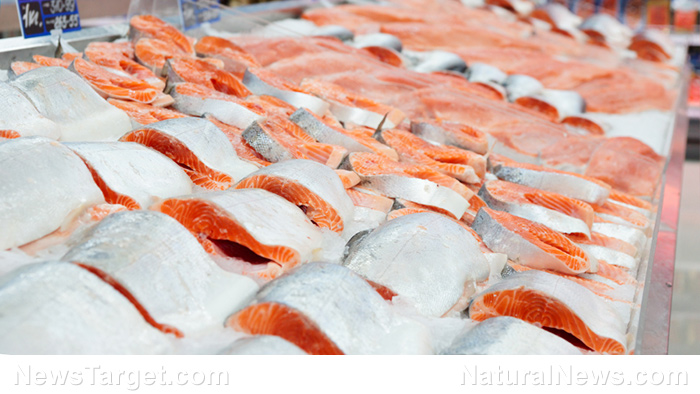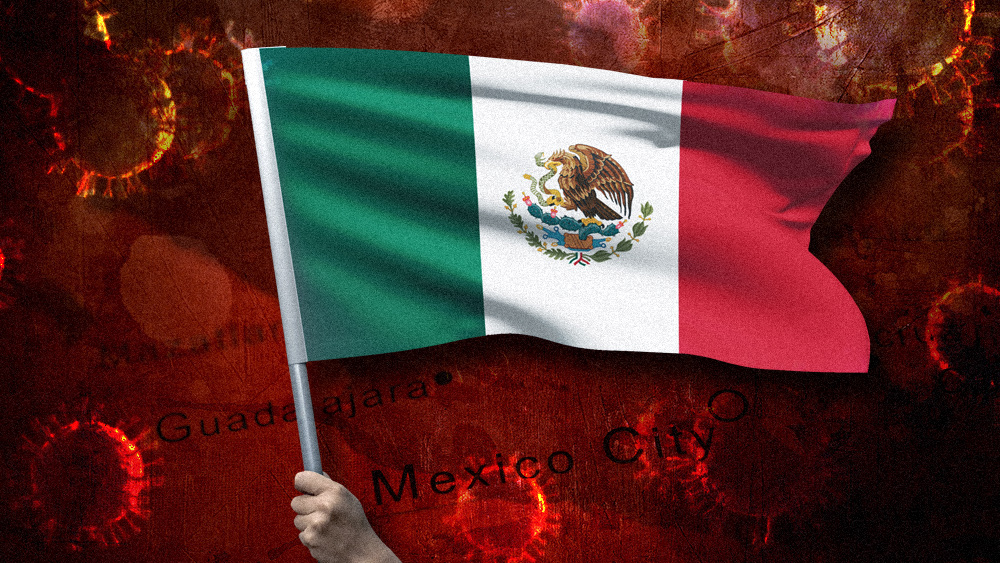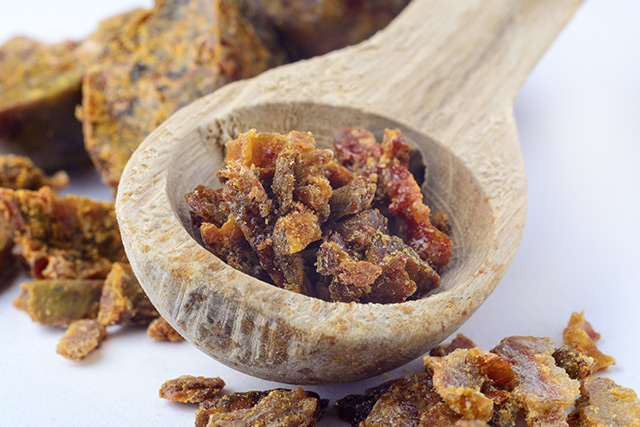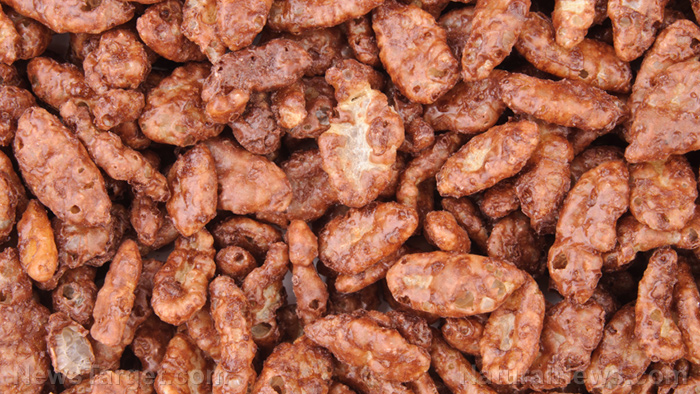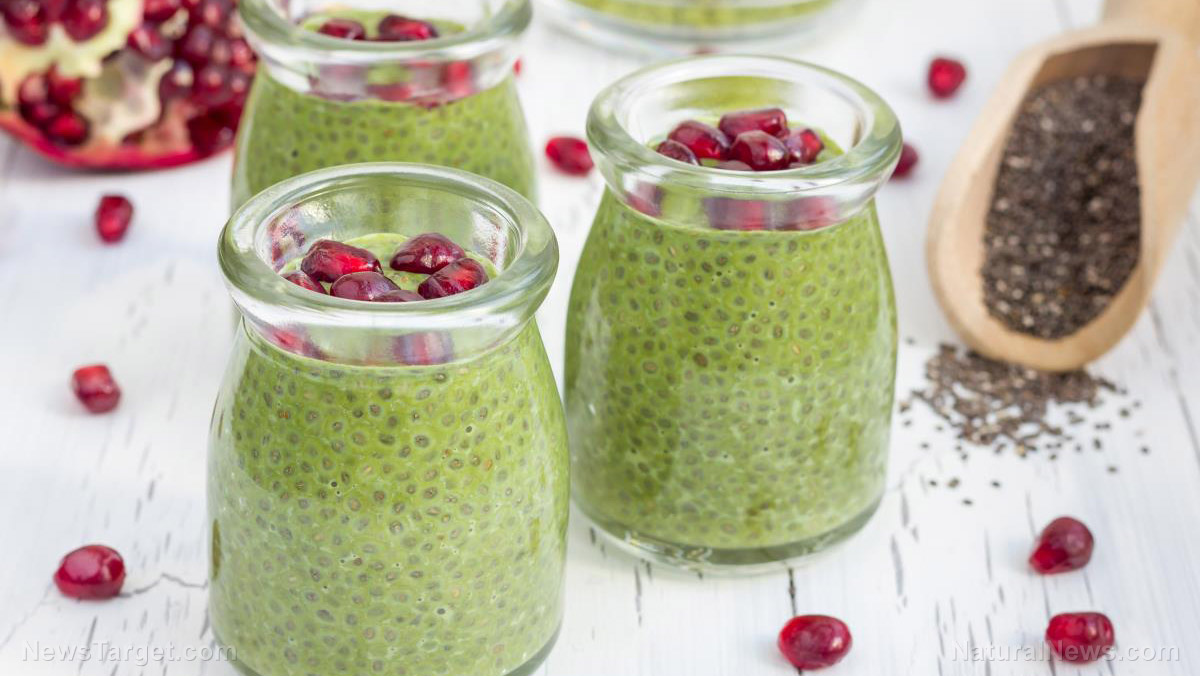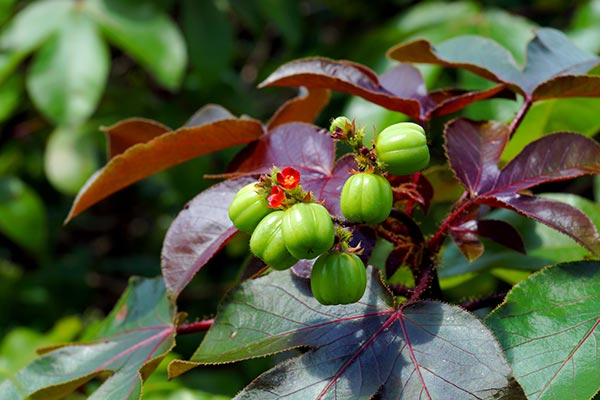Study finds that olive leaf extract exhibits anti-malaria effects in mice infected with Plasmodium berghei
06/18/2020 / By Evangelyn Rodriguez
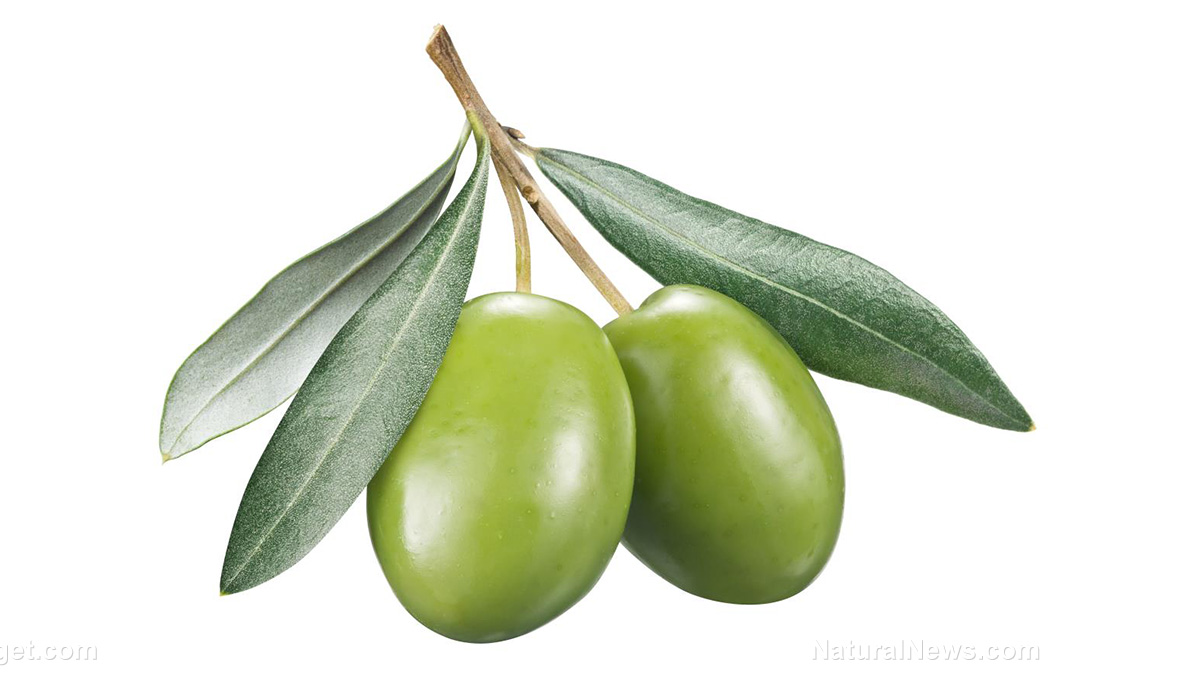
Olives (Olea europaea) are drupes, or stone fruits, that grow from trees commonly found in the coastal areas of the eastern Mediterranean region, southeastern Europe, northern Iran, western Asia and northern Africa. Despite being fruits, fresh olives aren’t consumed as such because of their extremely bitter taste. Instead, they are marketed either as olive oil or table olives, which have undergone any one of the many curing processes used to remove the bitter taste of fresh olives.
In many countries, the different parts of the olive plant (i.e., leaves, wood, seeds, bark, fruits and oil) are extensively used in traditional medicine. Research into the plant’s biological and chemical properties have led scientists to uncover plenty of health-promoting benefits. These include pharmacological properties, such as anti-diabetic, anti-cancer, antioxidant, antimicrobial, anti-hypertensive, anti-inflammatory, antiviral and anti-plasmodial properties.
In east Africa, including Ethiopia, the leaf and bark extracts of olives are used for the treatment of parasitic infections, such as malaria. A potentially fatal disease transmitted through the bite of female Anopheles mosquitoes, malaria is caused by a protozoan parasite that infects said insects. Of the four different species from the genus Plasmodium that are known to cause human malaria, P. falciparum is said to be the deadliest.
But multiple studies have found that olive leaf extracts possess strong anti-plasmodial activity against this malaria-causing parasite. However, these reports all come from cell culture studies, and no in vivo studies have confirmed these findings. Hence Ethiopian researchers decided to conduct an animal study to determine if olive leaf extracts will also show anti-plasmodial activity in infected mice. They reported their findings in an article published in the journal BMC Complementary and Alternative Medicine.
A natural treatment for malaria in olive leaves
Drug resistance poses a challenge to malaria control measures. Hence scientists consider the development of new therapeutic agents against the disease a matter of utmost importance. (Related: A flowering tree in the hemp family shown to be an effective treatment for malaria.)
To investigate the anti-malarial potential of olive leaves, the researchers first obtained a crude leaf extract using 80 percent methanol as solvent. They then successively fractionated the extract using solvents of different polarities (i.e., chloroform, n-butanol and water).
The researchers evaluated various doses of the crude extract and fractions (200, 400 and 600?mg/kg) for their chemo-suppressive and curative properties in mice infected with P. berghei, a parasite that causes malaria in rodents. They used parameters like parasitemia (a measure of parasite content in the blood), rectal temperature, body weight and packed cell volume to confirm the extract’s activity.
The researchers reported that the median lethal dose (LD50) values of the extract and fractions were greater than 2,000 mg/kg body weight in mice. The crude olive leaf extract significantly reduced parasitemia and prolonged the survival of mice in a dose-dependent manner.
At 600 mg/kg body weight, the crude olive leaf extract achieved 58 percent parasitemia suppression, suggesting that it has chemo-suppressive activity against the parasite. All the olive leaf extract fractions also significantly reduced parasitemia regardless of dose.
The n-butanol fraction caused a 51 percent reduction of blood parasite content, followed by the chloroform and the aqueous fractions, respectively. While high (600 mg/kg) and medium (400 mg/kg) doses of the crude extract and fractions improved all the parameters used in a consistent manner, the researchers noted that the crude olive leaf extract showed higher activity than all the fractions.
Meanwhile, phytochemical analysis revealed the presence of secondary metabolites, which were differentially distributed in the fractions.
Based on these findings, the researchers concluded that the crude extract of olive leaves has strong anti-malarial activity due to the presence of plant compounds that either act independently of synergistically to kill the malaria-causing parasite.
For more news on natural treatments for malaria, visit Remedies.news.
Sources include:
Tagged Under: alternative medicine, anti-malaria, herbal medicine, Herbs, infectious disease, Malaria, natural cures, natural medicine, olive leaves, plant medicine, remedies, research


